When you’re about to graduate, you spend a lot of time thinking about the future. But you also spend a lot of time thinking about the past.
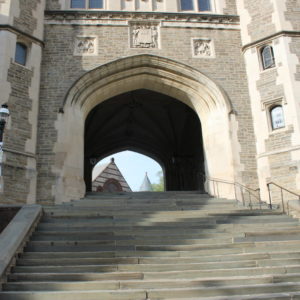
Often, this can slip into abstract nostalgia (which I am certainly guilty of). Other times, however, this is focused on something oddly specific. Something you spent a lot of time on. Something like … well, PCUR.
Over the past few days, I’ve thought a lot about the posts I’ve written since my sophomore year. I figured it would be fun to retrace my research journey with the benefit of hindsight.
So that’s what I did.
Like most Princeton students, I’d say my freshman writing seminar launched me into academic research. It also launched me into PCUR.
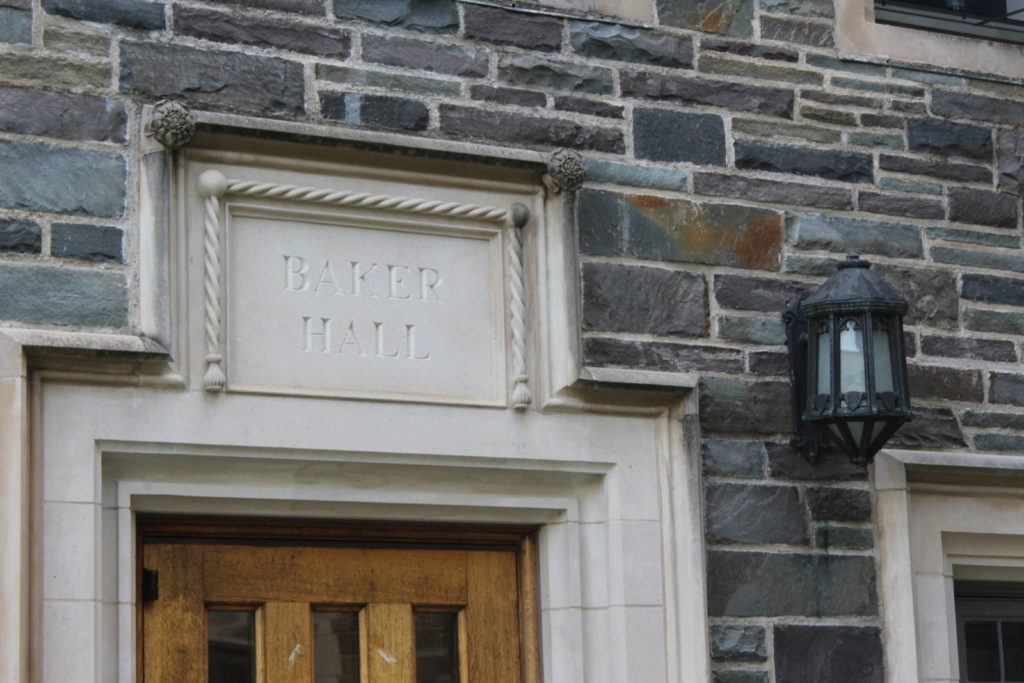
My final paper for WRI 103: Race, Gender, and Representation was an analysis of affirmative action, in which I highlighted the policy’s imperfections and offered an alternate solution. Writing this 10 page paper — which seemed long at the time! — transformed my understanding of research. It changed research from an assignment to an accomplishment — one that I celebrated at the inaugural Quin Morton ’36 Freshman Research Conference (now the Mary W. George Freshman Research Conference). There, I presented my research to an audience of professors and peers. One of those professors ultimately sent me an invitation to apply for PCUR.
My first PCUR post focused on the importance of taking classes outside your intended major.
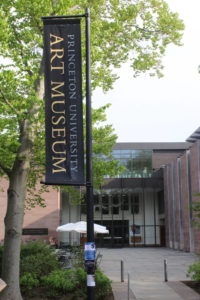
It was an experience I’d enjoyed in FRS 150: Visual Art and the Representation of Knowledge. By mixing ideas from this art history class with my own political interests, I developed a more refined understanding of political media. As it turns out, I would visit the art museum even after FRS 150 ended — in classes like ART 101 (Intro to History of Art) and AMS 376 (American Images). Taking one class outside your major can inspire you to thoroughly engage with a new subject.
A few posts later, I thought about what it meant to be a sophomore who had officially declared her major.
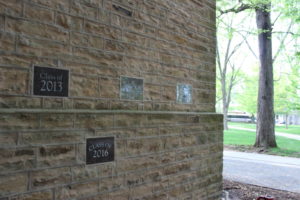
It’s no secret that major declaration period forces you to think carefully about your interests — an exercise that will come in handy once you begin JPs and theses. In hindsight, however, it seems that I overlooked an important fact about major declaration: No matter what your official “major” is, you can always find ways to explore other interests in your independent work (or in classes and internships). So, dear sophomores, feel free to be a little less stressed about what department to call home.
I soon wrote a post about my first JP, with 4.5 tips about how to approach the JP process (yes, really, 4.5).
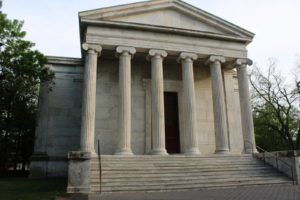
The main takeaway was, “You can do it!” — a simple motto that bears repeating as you tackle your first independent research project. The habits you develop while writing your JP are important, because they foreshadow the habits you’ll have while writing your thesis. Setting realistic deadlines, working strategically, editing your work … these are all principles that stand the test of time. And speaking of theses,
For better or for worse, most of my posts this year were about my senior thesis.
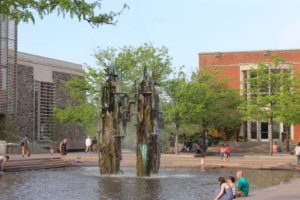
Whether I was sharing thesis-related songs or general thesis advice, I was always looking forward to the end result: a printed and bound manuscript with my name on it. That happened on April 2, when I sent my 115-page PDF to the printer.
It was definitely a surreal moment. When I think about my senior thesis, I realize it was informed not just by its bibliography but by every class on my transcript: the economics classes that stressed the importance of empirical tests; the seminars that inspired me to write creative weekly memos; the Spanish classes that pushed me to think carefully about sentence structure in every language .. it’s all there. When I signed up for these classes, I had no clue if, or how, they’d all fit together. But they combined effortlessly in this culmination of my research journey.
I’ll admit that my last paragraph slipped slightly into abstract nostalgia, so I’ll bring it back to something concrete: My research journey at Princeton was built on intermediate steps, many of which I was fortunate enough to document on this blog. The journey is not over, of course — I’ve still got two finals in May! — but retracing my steps helped me pinpoint the moments I grew as a Princeton student.
Retracing your own journey might be similarly enlightening. If you’ve got some free time between finals, why not try it?
— Melissa Parnagian, Social Sciences Correspondent

